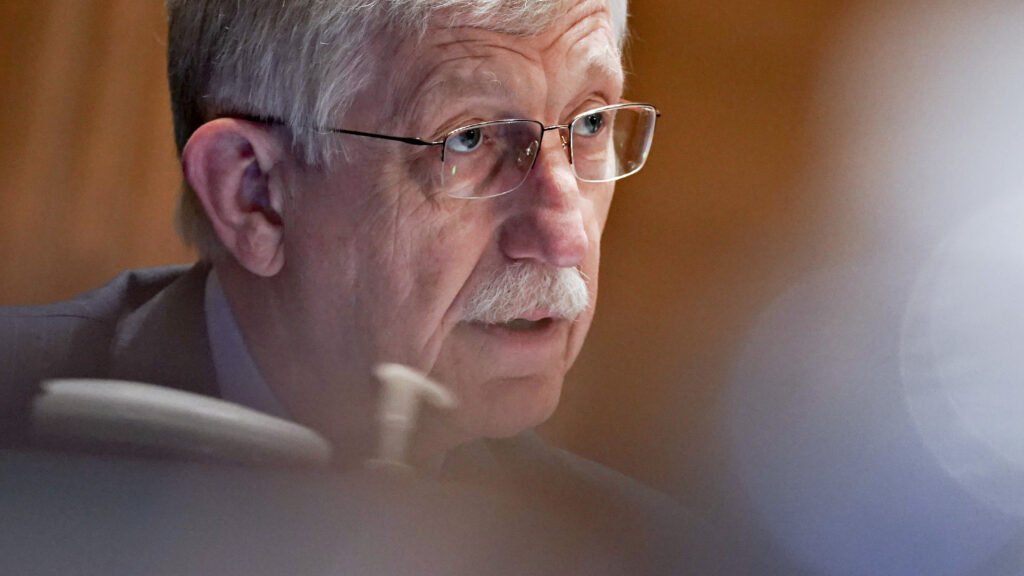Renowned geneticist and former longtime director of the National Institutes of Health (NIH), Francis Collins, made a surprising announcement on Saturday that he has retired from his position. Collins, known for his guitar-playing skills and his ability to bridge the gap between religion and science, did not provide a specific reason for his departure. In a statement, he expressed gratitude for his extensive career at the NIH, which he described as the crown jewel of the federal government for many years.
Collins joined the NIH in 1993 to lead the groundbreaking Human Genome Project, which successfully mapped the human DNA ahead of schedule and under budget in 2003. Serving as the NIH director for 12 years under three different presidents – Barack Obama, Donald Trump, and Joe Biden – Collins made significant contributions to the field of genetics.
After stepping down from his director position in October 2021, Collins returned to his research laboratory to oversee studies on diabetes and progeria, a genetic disorder that causes premature aging. He also provided guidance to President Biden on strategies to combat hepatitis C.
The NIH, with a budget of $48 billion, is the largest funder of biomedical research and has historically enjoyed bipartisan support. Collins praised the dedication and excellence of NIH employees, highlighting their contributions to groundbreaking medical advancements, such as immunotherapy for cancer and CRISPR gene editing for sickle cell disease.
Throughout his career, Collins made significant contributions to genetic research, including the discovery of the gene responsible for cystic fibrosis. His work paved the way for effective treatments for the disease. As NIH director, he oversaw efforts to understand and combat diseases like cancer, Alzheimer’s, diabetes, and Covid-19, leading to the development of life-saving vaccines for the coronavirus.
In addition to his scientific achievements, Collins is known for his writings on the intersection of religion and science, exploring the compatibility between faith and scientific discovery.
Collins’ retirement comes at a time of uncertainty for the NIH, with budget cuts and layoffs affecting the agency. Despite the challenges, Collins emphasized the importance of NIH research in driving medical advancements and saving lives.
The Associated Press Health and Science Department, which provides support from the Howard Hughes Medical Institute’s Science and Educational Media Group, is responsible for the content of this article.


